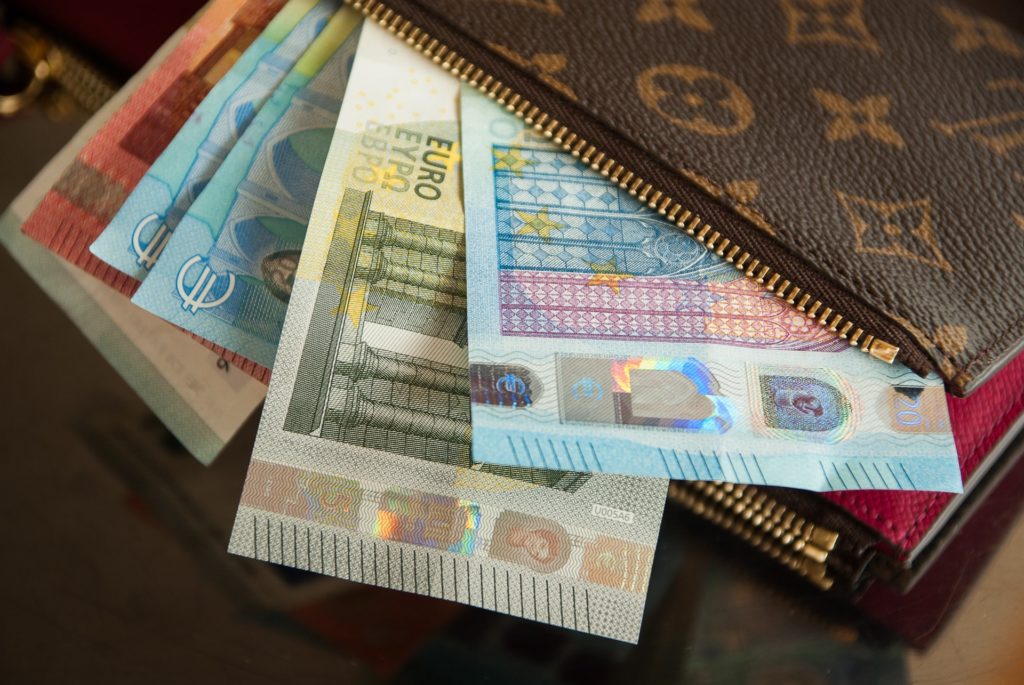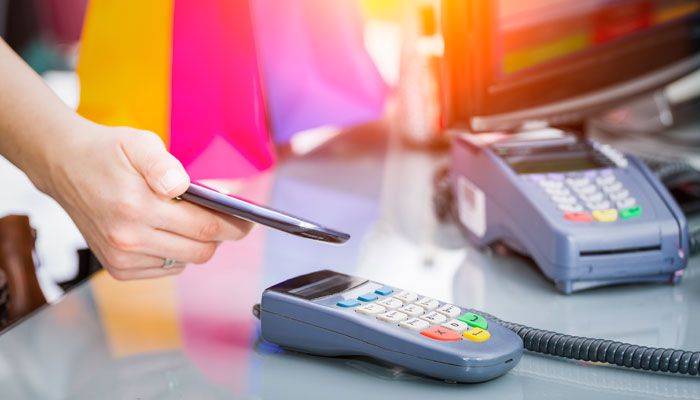A credit card is a great financial tool to build your credit score, especially if you are just out of college or on your first job. However, getting your first credit card may be a tough decision to take. There are bills that need to be taken care of, and you may not be prepared for the responsibilities that involve owning a credit card.
Here are some of the factors that you should keep in mind while getting your first credit card.
Invest Your Time in Research
The more you know, the easier will it be to decide on your first card. When starting out, look for different cards that are available in the market. You can check your bank’s website or contact a bank representative to know more about the credit cards they offer. You can also do your research on a comparison website, and compare different cards from various banks.
Have a Plan to Repay the Debt

You have got your credit card, but do you have a plan to pay off the outstanding balance? Keep in mind that even if you spend rarely on your card, you will still have to repay a part of the due amount every month on time.
Choose Carefully
It is important that you choose a card that best suits your needs and the kind of benefits you expect from the card. For example, if you are looking for discounts and savings, choose a cashback or rewards credit card. If you are a frequent flyer, go for a card that offers air miles, discounts on hotels, lounge access, and other such benefits.
Pay Attention to the Details
Once you select your card, you should keep in mind the different terms and conditions that are offered on the credit card. If you are not aware of the additional fees and charges, it might come as an unpleasant surprise later. Here are some financial terms that you need to keep in mind when you look for your credit card.
- Credit Limit: This is the amount up to which you can spend using the card. Different credit card categories have different credit limits.
- Annual Percentage Rate (APR): This is the price you pay for borrowing money from the bank. It is calculated annually, and even if you do not pay off the balances each month, you would have to pay this amount.
- Annual Fees: These are charges applicable for using the card. It is not affected by the amount you spend on the card. These fees are added once a year to the total outstanding balance of the card. There may be some taxes which may be applicable on the amount.
- Minimum Repayment Amount: This is the amount of money you need to pay off each month.
- Interest Rates: A small percentage is charged on all transactions on the card that’s reflected on the total outstanding amount every month. Keep an eye out for special interest rates which are lower than usual, and you may end up spending less. Remember that banks will charge a higher interest rate if you are late on your monthly payments.
- Charges: Look for additional charges that are applicable on the card. These may include convenience charges, taxes, and late penalties, which get added when you delay on your payments.
- Loyalty points, rewards, and cash back. These are different benefits that are applicable to the card. It may differ from card-to-card. You should keep in mind the different benefits that you will get from these transactions. Also, keep an eye out for the expiry dates on these reward points.
Check Your Grace Period

A longer grace period allows you more time to pay the amount due every month. Check the terms and conditions of the card to know how much time you have a grace period every month. Paying off balances within the grace period will be cheaper on your pocket, and will instill a good habit of paying on time. Look for banks which have offers on credit cards for extended grace periods. Use these to your advantage to avoid late fees.
Don’t Go Overboard
For your first credit card, choose one which has a low credit limit. Chances of rejection are higher when the credit limit is too high. A good thumb of rule is to check the eligibility criteria of the credit card, including age and income details. Don’t get swayed by rewards offered by the cards.
Once you get the card, keep your expenses to a limit. Pay the bill on time every month, and avoid spending too much of the credit limit. Try to get a card which has a low-interest rate to ensure that you can pay it off easily.














